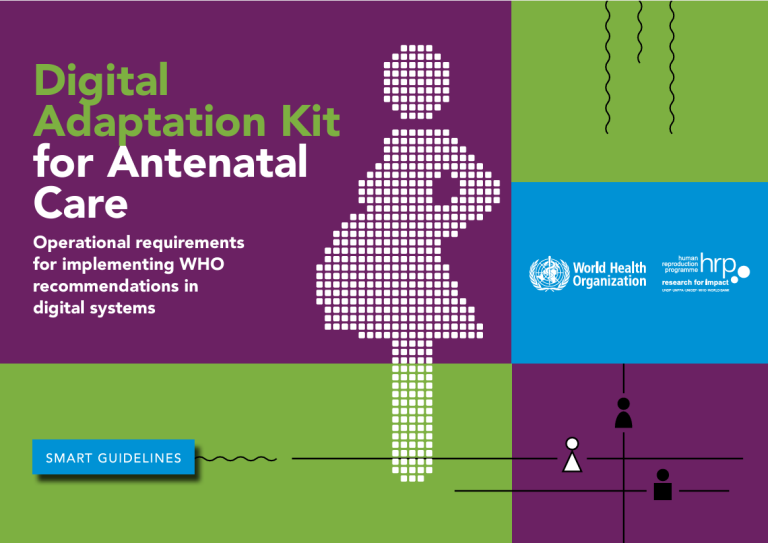At about 7 a.m., pharmacist and SmartCare electronic health record (EHR) trainer Lawrence Mpumila stands at the door to the boardroom at Kalulushi General Hospital, in Kalulushi District, Copperbelt province, ready to train users on the system. It’s a typical day for Lawrence, where the standard 8-to-5 doesn’t apply. Public health care is, as is well known, round-the-clock, and training is modified accordingly. His excitement is palpable as he prepares to showcase SmartCare, and its potential to transform how health facility workers deliver care.
Implementing new technology in resource-limited settings like Zambia comes with challenges. Users might be apprehensive about change or unfamiliar with technology. Gaining buy-in and encouraging adoption is crucial. This is where Ministry of Health “Super Users” like Lawrence come in. These highly proficient users are trained to become champions and trainers themselves.
Lawrence, a SmartCare trainer and a pharmacist at the Arthur Davison Children’s Hospital in Ndola, Copperbelt Province along with his team of eight trainers all coming from different specializations and parts of the Copperbelt, has been at Kalulushi General Hospital, training staff on SmartCare for about a week now. They are about to embark on the crucial “on-the-job” training phase. “With Zambia embracing electronic medical records,” says Lawrence, “it’s vital for healthcare workers to learn and champion SmartCare. They will become role models for other facilities transitioning from paper to digital records.”
The training employs a three-phased hybrid model: classroom learning, hands-on experience with real patients, and post-deployment ongoing support. This equips healthcare professionals with both theoretical knowledge and practical skills, empowering them to explore the system while providing patient care.
Transitioning to a new system requires careful navigation. Patients might have questions about the change and how it affects their interactions with healthcare providers. The biggest concern often lies in the initial learning curve. Recognizing this, trainers conduct sensitization talks, explaining the shift from paper to digital records and the benefits of SmartCare. They also manage expectations, acknowledging potential delays during training.
This dynamic training process, lasting from five to ten days, is customized based on each facility’s needs and workforce. This ensures effective and efficient learning, equipping healthcare professionals with the skills to create user profiles, input patient data, prescribe treatments, record vital signs, and manage medication within SmartCare. This paves the way for data accuracy, improved efficiency, and ultimately, patient-centred care.
IHM, in collaboration with the Ministry of Health, through the U.S. President’s Emergency Plan for AIDS Relief (PEPFAR) and the Centres for Disease Control and Prevention (CDC)- supported Strengthening Capacity for Health Information Systems Sustainably project has trained over 10,000 healthcare professionals nationwide in the past two years. This number is set to rise as the government rolls out SmartCare to over 3,000 facilities. This initiative aims to standardize healthcare processes, elevate patient management, and seamlessly integrate cutting-edge technologies into the Zambian healthcare system.



